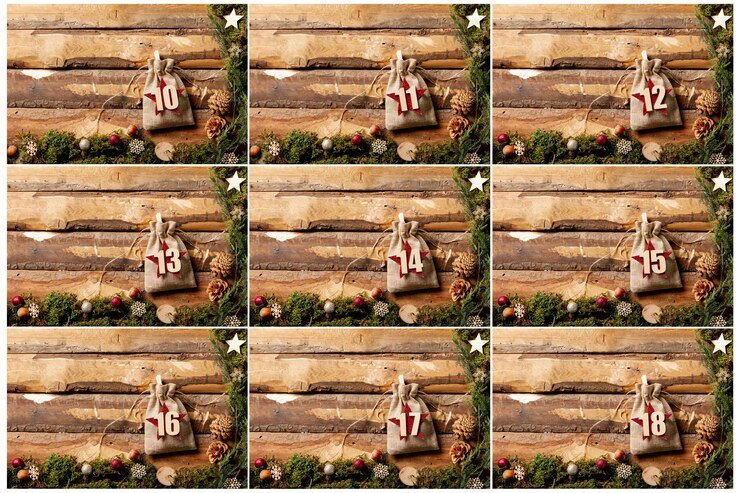Crossword puzzles, particularly those featured in The New York Times, are known for their wit and challenge. They often include clues that require solvers to think outside the box and delve into colloquial language. One such clue that might stump even seasoned puzzlers is “defeat soundly in slang.” This article explores the various slang terms that could serve as answers to this clue and offers strategies to help you crack it.
Common Slang Terms for “Defeat Soundly”
When a crossword clue asks for a slang term for “defeat soundly,” it is looking for a word or phrase that conveys a thorough victory. Here are some popular slang terms that might fit the bill:
- Trounce: To beat someone decisively. This term is frequently used in sports and competitive contexts.
- Clobber: Implies a heavy and decisive defeat, often used in a somewhat humorous or exaggerated manner.
- Rout: Refers to a complete and overwhelming defeat, commonly used in military contexts but also applicable in sports and games.
- Wallop: Suggests a heavy defeat, often implying physical or metaphorical beating.
- Smash: To defeat someone in a crushing manner, often used in contexts where the victory is particularly dominant.
- Drub: A slightly older term, but still relevant, meaning to beat someone thoroughly.
- Cream: To beat someone very badly, often used in casual and sports contexts.
- Destroy: A strong term indicating an absolute and utter defeat.
- Whup: A more colloquial and Southern U.S. term, meaning to beat someone badly.
Strategies for Solving the Clue
When faced with the clue “defeat soundly in slang” in a crossword puzzle, consider these strategies to find the right answer:
- Check the Number of Letters: The number of squares provided for the answer can significantly narrow down the possibilities. For example, if the answer has seven letters, “trounce” could be a good fit.
- Use Cross-Checking Letters: Use letters from intersecting words to help determine the correct term. This can eliminate some possibilities and point you towards the correct answer.
- Consider the Puzzle’s Theme: If the crossword has a particular theme, it might influence the type of slang used. For instance, a sports-themed puzzle might favor terms like “clobber” or “smash.”
- Think Regionally: Some slang terms are more common in certain regions. For instance, “whup” might be more likely in a puzzle with a Southern U.S. theme.
Example
Let’s walk through a hypothetical example. Suppose you encounter the clue “defeat soundly in slang” in The New York Times Crossword, and the answer is five letters long. The intersecting words give you the letters “C” and “R” in the second and fourth positions, respectively. Given these constraints, “cream” fits perfectly, as it is a five-letter word with “C” and “R” in the appropriate positions.
Conclusion
“Defeat soundly in slang” is a classic example of the type of clever and challenging clue that makes The New York Times Crossword so engaging. By familiarizing yourself with common slang terms and employing effective solving strategies, you can improve your crossword-solving skills and enjoy the satisfaction of cracking even the toughest clues. So the next time you encounter this type of clue, you’ll be well-prepared to tackle it head-on and triumph over the puzzle.











